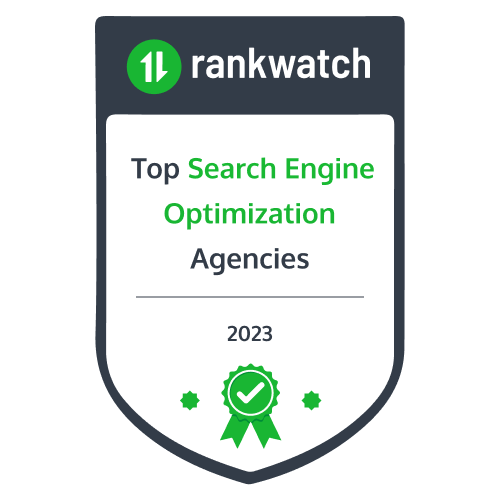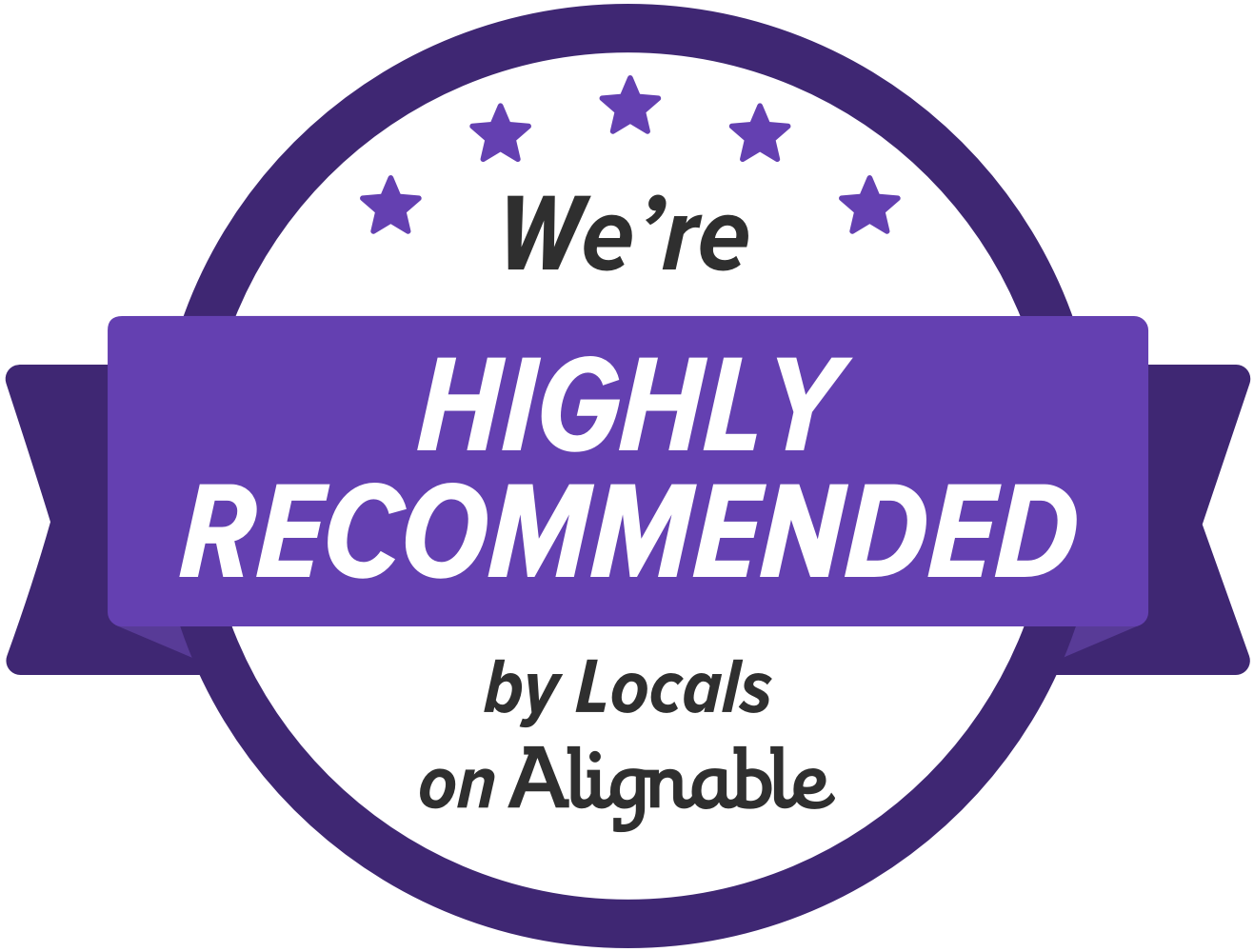Aside from doing the right thing, increasing your website traffic by improving its SEO rank, and being eligible for tax credits – web accessibility is required by law. The Americans with Disabilities Act (ADA) is the most significant US law that guarantees civil rights and accessibility for people with disabilities, including web accessibility.
Although the ADA does not provide specific guidelines for website compliance, the industry standard is to follow the Web Content Accessibility Guidelines 2.1 (WCAG). Therefore, businesses must ensure their website meets the accessibility standards set by the WCAG to comply with the law and provide an inclusive user experience for people with disabilities.
What do you need to know?
- The Americans with Disabilities Act is an American civil rights law passed in 1990.
- The law prohibits discrimination against individuals with disabilities in all areas of public life, including jobs, schools, transportation, and all public and private places open to the general public.
- Since 2018, the ADA also covers websites, as they’re considered public places of accommodation.
- Making your website accessible is crucial for meeting ADA legal requirements.
- The WCAG is a guidebook that explains how accessible websites should look and operate for people with disabilities.
- The WCAG has been widely accepted as the industry standard for being ADA-compliant
Why now?
- Litigation over web accessibility shows no sign of slowing down, with 2022 breaking the record for ADA lawsuits and demand letters with 3,250 lawsuits filed.
- More than 100,00 business owners received demand letters in 2022 for having inaccessible websites.
- Organizations and businesses can be fined up to $150,000 for ADA violations, while the average ADA website lawsuit settlement typically ranges from $20,000 to $50,000.
Since 2019, there has been an average of 13% year-on-year increase in web accessibility-related lawsuits:

The rise in lawsuits is evident and reflects the importance of considering accessibility for all your digital channels and content.
Additional Web Accessibility Regulation:
In addition to the ADA, there are other laws related to web accessibility that you should know about, especially if your organization does business with a federal agency, receives federal funding, or is located in California, New York, or Ontario.
By familiarizing yourself with these laws and their specific requirements, you can take steps to make your website accessible and mitigate legal risks.
What should you know?
Section 508
This is the most common law related to web accessibility and is relevant to many businesses, as it applies to all federal agencies and organizations that receive federal funding. Based on section 508, any federal agency or government-funded organization must build and maintain all information and communications technology (ICT) so that they are accessible to people with disabilities. Hence, if your business works or plans to work with a government entity, you must comply with section 508.
If you have any questions or are ready to make your website compliant and accessible, call us today 201-836-1492 to get started.




